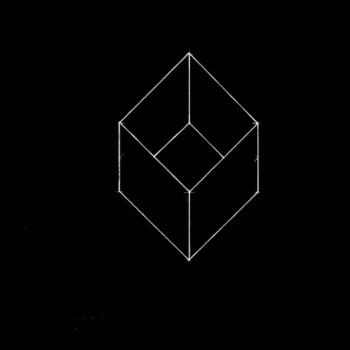When we are given the vertex we can immediately write an equation vertex form, which looks like this #y = a(x - h)^2 + k#. #(2, -9)# is #(h,k)#, so we can plug that in to the format. I always like to put parentheses around the value I'm inputting just so I can avoid any issues with signs.
Now we have #y = a(x - (2))^2 + (-9)#. We can't do much with this equation besides graph it, and we don't know #a, x, or y#.
Or wait, we do.
We know that for one point, #x=1# and #y=4# Let's plug those numbers in and see what we've got.
We have #(4) = a((1) - 2)^2 -9#, and let's solve for #a#. First, let's solve #(1-2)^2#. #1-2=-1. #Now#, -1^2 = 1#. At last we have #a*1-9=4#, which can be simplified to #a-9=4#. Add #9# to both sides and we have #a=13#. Now we have evry piece of our equation.
Our equation needs to be for a line, not a point, so we won't be needing #(1, 4)# anymore. We will however need #a#, so let's plug that into our old vertex form equation, shall we?
#y = (13)(x - (2))^2 + (-9)# or #y=13(x-2)^2-9# is our final form.

